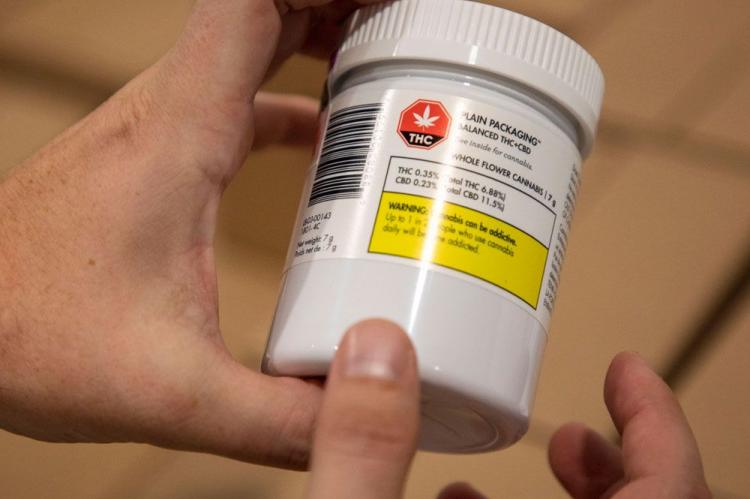CANADA | Open letter to Ottawa: This one small detail is hindering the cannabis industry’s success
The devil is in the details. It’s a common but important refrain. It reminds us how even the smallest facets of plans, processes and situations can derail large-scale efforts.
Such is the case facing Canada’s cannabis industry. The federal government currently requires that all cannabis products carry excise stamps — proof the appropriate taxes have been paid by the licensed producer — like those attached to tobacco packaging. These stamps are also unique to each province and territory.
Excise stamps have been a source of ongoing frustration since legalization
For such a small item, the stamp significantly complicates the business of providing legal cannabis to law-abiding consumers. In addition, excise stamps hinder the flow of legal cannabis across the country, leading to costly supply issues for both governments and consumers.
Excise stamps have been a source of ongoing frustration since legalization. The logistics of applying these stamps has resulted in unnecessary product delays. Likewise, when the industry is criticized for excessive packaging, it’s often the result of complying with federal cannabis packaging requirements, which include provincial/territorial excise stamps.
Logistics aside, the stamps hinder the industry’s long-term success. Requiring producers to use province/territory-specific excise stamps impedes the flow of product across the country. Aside from the complexity of per-province labelling, product that does not sell in one region cannot easily be transported to another province where demand may be higher. The labelling requirement removes licensed producers’ ability to respond in real time to changing demand, adds unnecessary complexity to product forecasting, and means jurisdictions and retailers face completely preventable product shortages. And when consumers can’t find what they want in the legal market, they turn to the unregulated market.
The administrative and production burdens of the stamp also mean that it’s more expensive to produce, package and ship cannabis to individual markets. This means it’s substantially tougher for legal producers and retailers to compete, particularly with respect to price, with the illegal cannabis market, which shoulders absolutely none of the costs imposed on the legal system. One of the primary goals of cannabis legalization was to compete with and thereby eliminate the unregulated market for cannabis. So why do we insist on requirements like a unique provincial/territorial excise stamp that prevents that competition?
The current system isn’t working because it ignores both business and market realities
No one is objecting to industry regulation. Licensed producers have complied with regulatory requirements related to production, distribution and promotion of the product — and have made the financial investments necessary to do so. Province- and territory-specific excise stamps, however, are costly and unnecessary when one national excise stamp would do. Especially in such a new industry, where the efficiency of the manufacturing process is paramount, it is not only counter-intuitive but also counter-productive to continue the practice.
The current system isn’t working because it ignores both business and market realities. We’re not the first industry to come to this realization. In fact, Canada’s alcohol industry moved away from province/territory-specific excise stamps years ago, after delivering its own regulatory impact analysis and successfully arguing the benefits of an alternative approach.
As an industry, we have heard consistently from both public and private retailers across Canada that the current system of unique stamps offers them little to no value. At least one territory has indicated it has asked the Canada Revenue Agency to allow it to use product excise stamps for another province in order to increase its ability to access additional supply. More importantly, CRA has indicated a willingness to work with the industry on a redesign of the excise stamp. That’s progress.
If we are wholly committed to the goals of a thriving industry, we need to alleviate the logistical, financial and environmental burden of monitoring these products while successfully competing with the unregulated market. We can do so in a way that is effective, safe, and benefits the industry as well as Canadian consumers. It’s time to excise multiple excise stamps and move, instead, to a national one.
Authored by: Financial Post
- Log in to post comments

